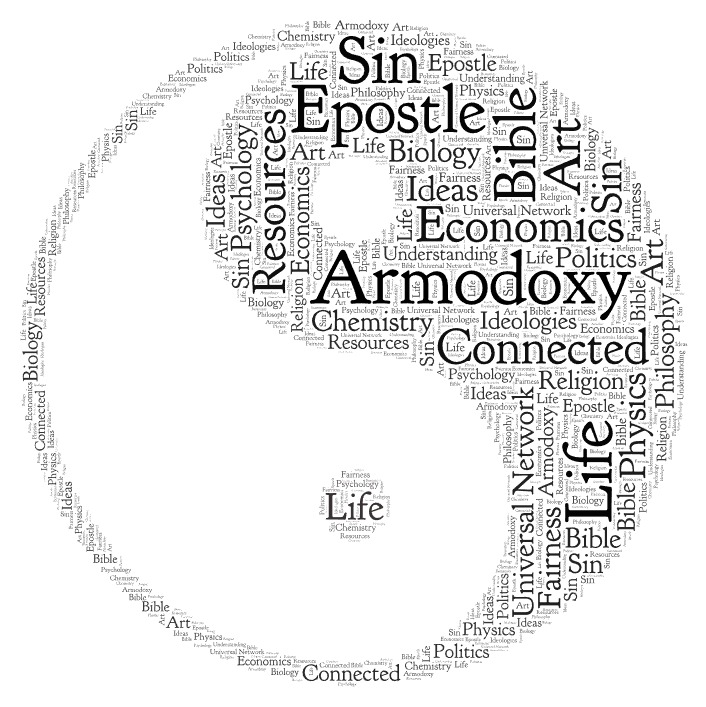Seemingly makes the difference
Armodoxy for Today: Seemingly
In the eight chapter of the Gospel of Luke, Jesus makes a pronouncement that, had he been concerned about ratings as would a politician, he would have certainly be abandoned by the crowd. After sharing a few parables he warns the listener, “Take heed how you hear. For whoever has, to him more will be given; and whoever does not have, even what he seems to have will be taken from him.” It’s the words that political opponents accused each other with: The rich get richer and the poor get poor. “…Whoever does not have, even what he seems to have will be taken from him.”
But Jesus does not allow for a debate on this statement, and so he adds a qualifier, “seems to have” makes all the difference.
Material wealth is and always has been an illusion because it is not permanent. The intrinsic value of an object or an amount of money is the dependent on the circumstances in which it exists. A million dollars in the bank is a “1” with six zeros behind it. There is no intrinsic value to it, until it is spent. It can buy an object, a house, a car, an education, health care, all things that give that 1+six 0’s its value.
Today we are challenged to look within and at our lives. What are the things that we truly possess? And things that we seem to possess? Are they things that can be taken away? And what are the things that are impossible to take away from us? An education? Faith? Belief?
Because of the constant displacement of the Armenian people, along with the ransacking of their homes, churches and institutions, Armodoxy arrives today with an understanding of are the true treasures? As Jesus directs us, “Do not lay up for yourselves treasures on earth, where moth and rust destroy and where thieves break in and steal; but lay up for yourselves treasures in heaven, where neither moth nor rust destroys and where thieves do not break in and steal.1 For where your treasure is, there your heart will be also.
From the Book of Hours, we pray, “O Lord, do not turn Your face from us. Benevolent Lord, we ask You, be our helper. Send us Your angel of peace who will come and protect us from temptations. Almighty Lord our God, save and have mercy upon us.”



